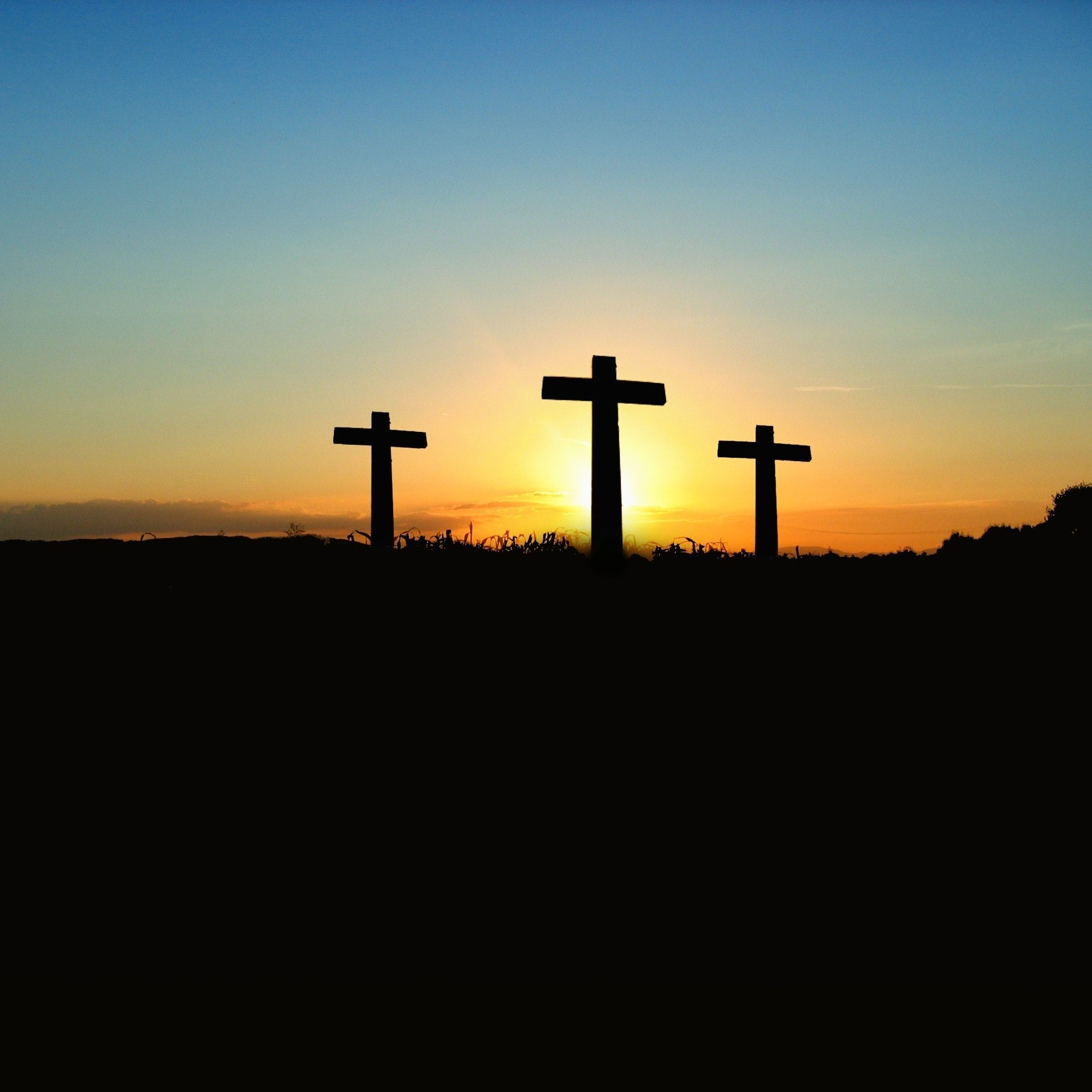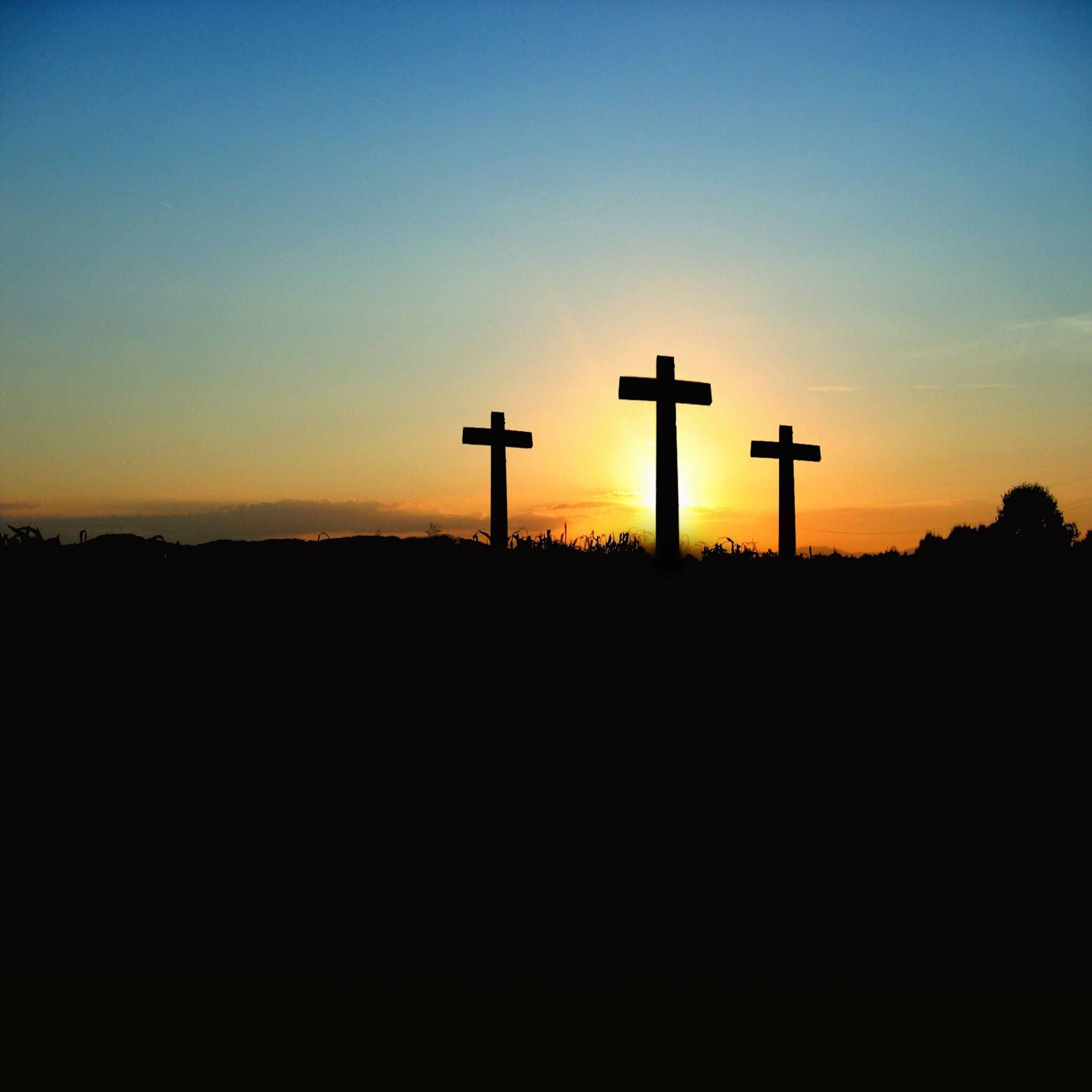The David Spoon Experience 9-12-23 Part 2
1) As we enter into Galatians 4, the Apostle Paul gives an excellent illustration to help us understand the difference between the law and the covenant of the law and grace and the covenant of Grace. He uses the illustration of a father who leaves great wealth for his young son. In reality, those riches are indeed in the ownership of the son that will receive them, but that child does not have access until they reach a certain stage or age. Until that time, there is a guardian appointed over them, and that guardian is in control until they reach that maturity level. That’s the same illustration between the New Covenant and the Old Covenant: the law was our guardian to lead us until we reach maturity in Christ.
2) Verse three mentions that we were all slaves, whether people like that word or not is irrelevant. We were all slaves to the spiritual powers of this world until Jesus Christ came. What’s often missed in this text is that Jesus came at the right time. While each one of us might think that God could speed up his timing, we have to keep in mind that God’s timing, not just for us personally but for us corporately, is perfect. That includes the second coming of Jesus Christ.
3) Several descriptions are now offered to help us understand the power of the incarnation of Jesus Christ: first, God sent His Son; second, He was born of a woman; third, He was subject to the law; fourth, He was sent to buy freedom for us who were slaves; fifth, so that God could adopt us; sixth, everybody - Jew and Gentile - has now become God’s children through Jesus Christ; seventh, God sent His Spirit to confirm all of this to be true.
4) Now we call God our dear father. The whole relationship changed right here: we no longer approach with reverence but can also now approach with confidence. He is a majestic Father but also a Dad. And we are no longer slaves; we are actually His own children. And since we are His kids, everything that belongs to Him belongs to us. It does make a decent argument to say that we should stop thinking that we’re just beggars barely surviving - we’re much more than that. We are the children of the King.




